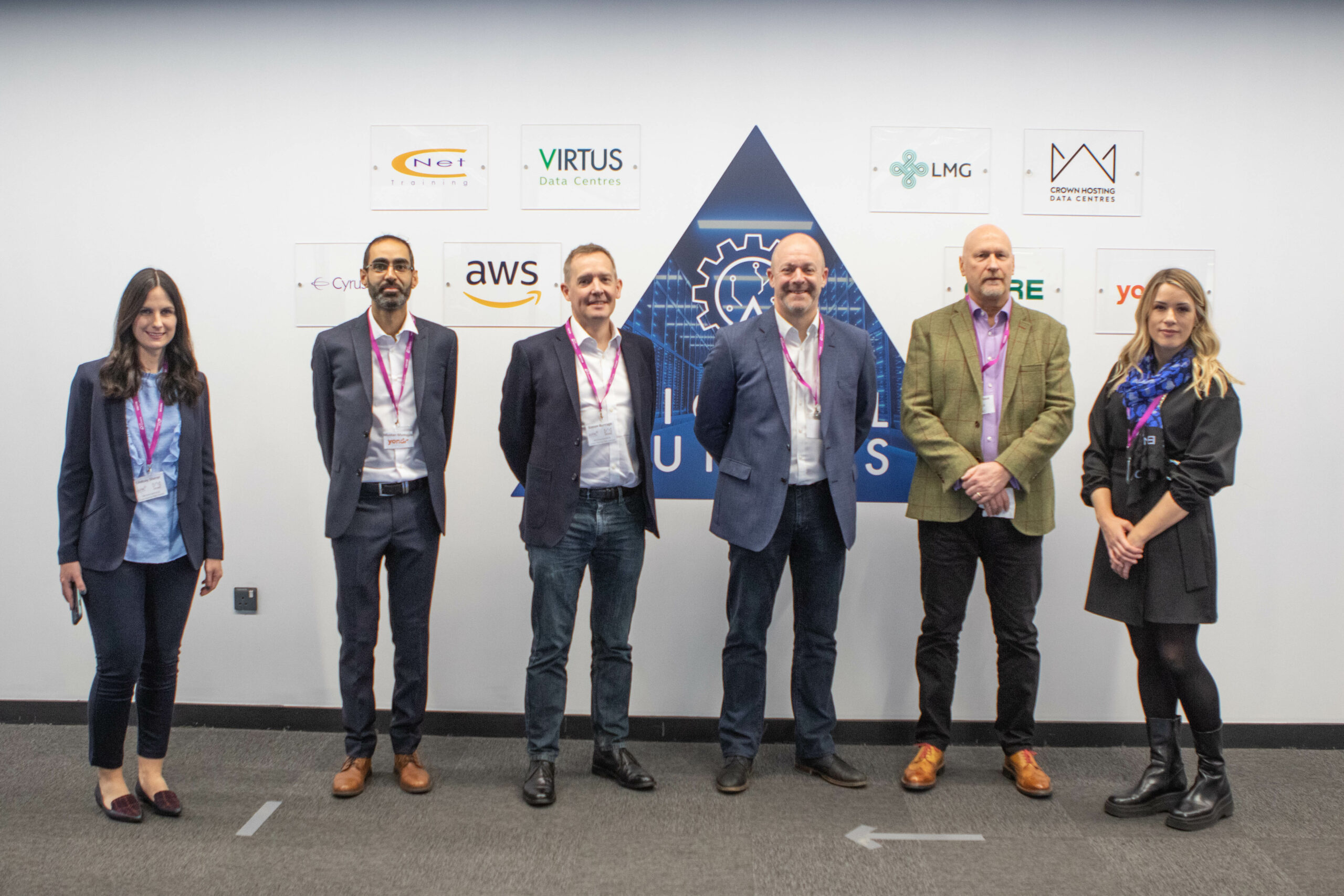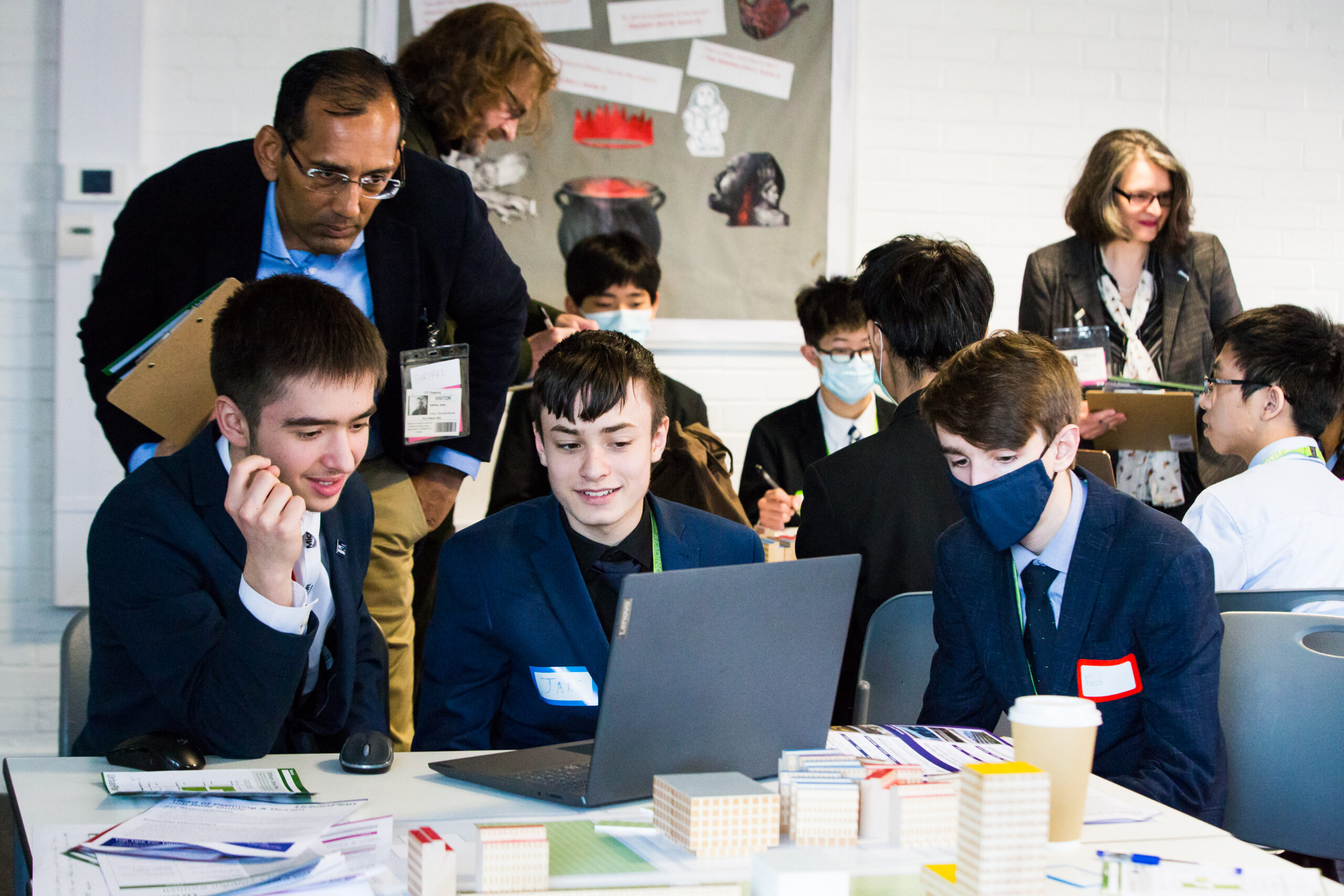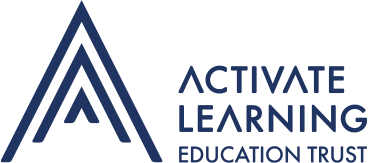WHAT IS A UTC
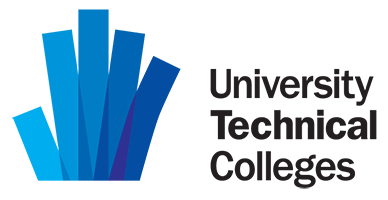

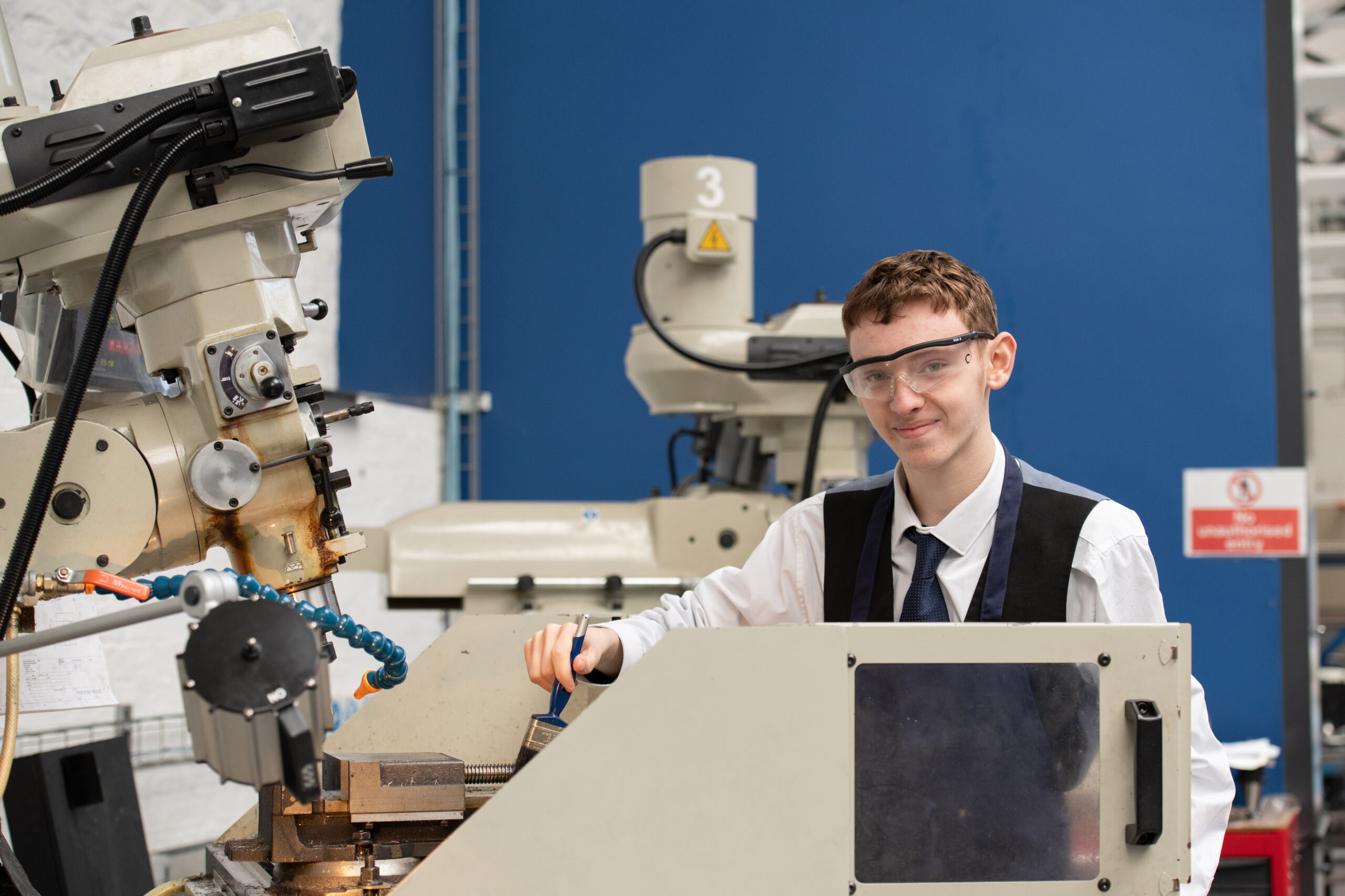
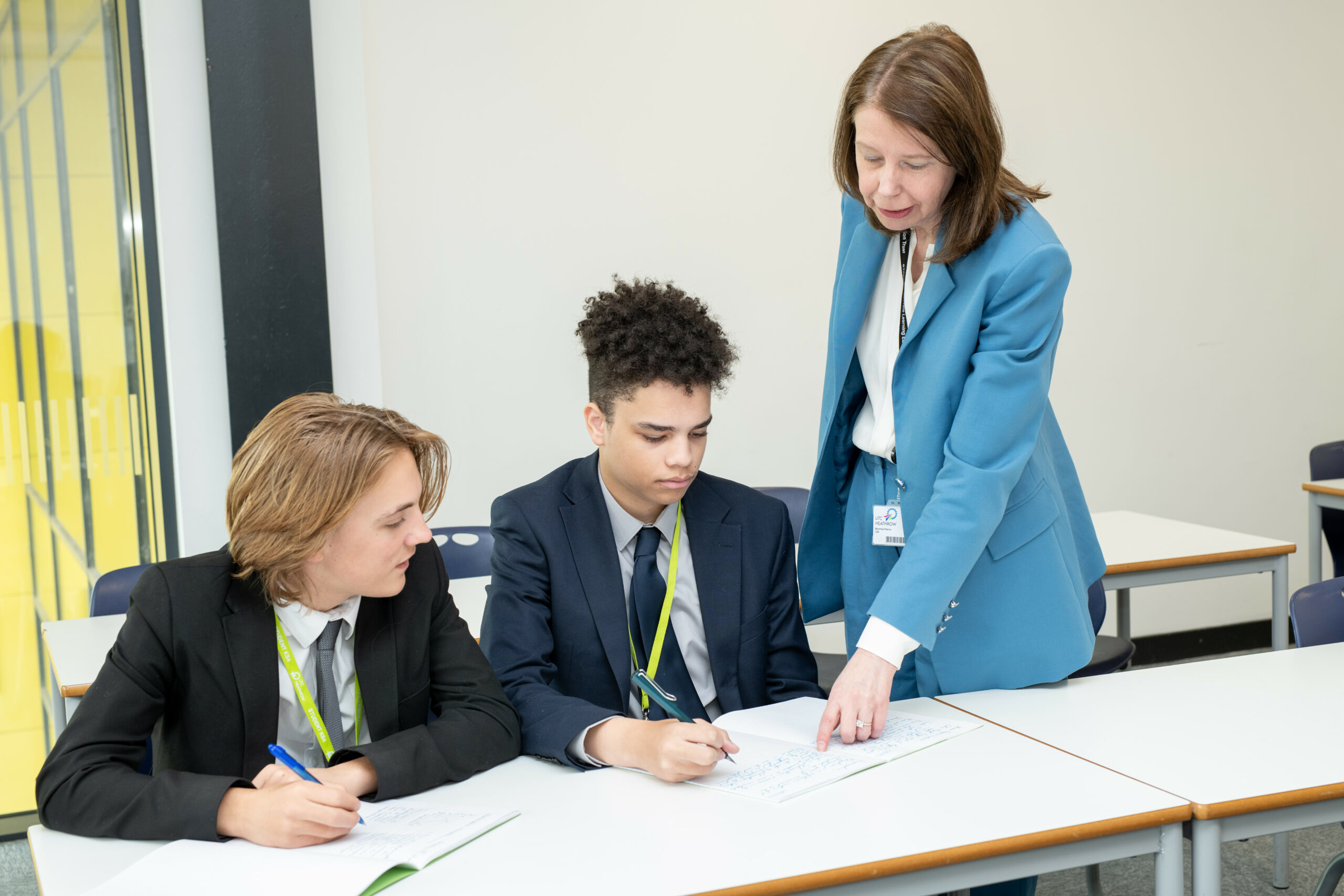
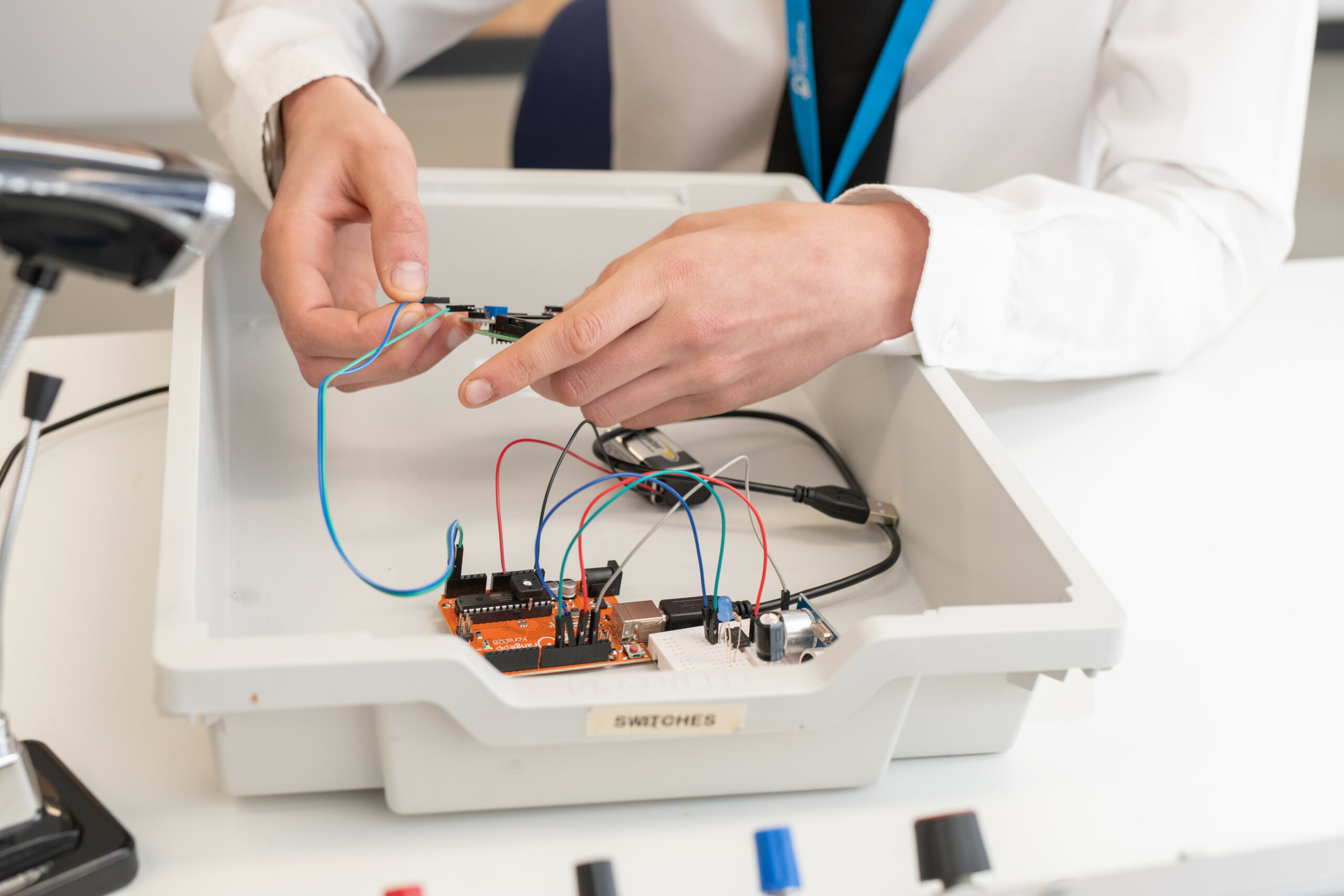
UNIVERSITY TECHNICAL COLLEGES (UTCs) ARE GOVERNMENT FUNDED SCHOOLS WITH A STEM FOCUS
University Technical Colleges – UTCs – are ‘normal’ schools and sixth forms, government-funded and free to attend. UTC students can study a combination of GCSEs and A Levels, alongside BTECs and other qualifications.
But UTCs are different too. Taking students from year 10 (age 14) to year 13 (age 18), each UTC specialises in two areas of STEM (Science, Technology, Engineering and Maths) allowing our learners to focus their learning on subjects including Engineering, Digital and Science, alongside the core curriculum of English, Maths and Science.
For example, in UTC Oxfordshire in year 10 and 11, students can choose to study Astronomy and Psychology, plus two option subjects including Product Design, Geography, Business Studies and Computer Science alongside their core GCSEs.
Our UTCs offer clear routes into university, higher or degree apprenticeships, or directly into a career.
Changing needs of education
Our UTCs are associated with The Baker Dearing Educational Trust and UTColleges, who were instrumental in setting up the UTC model, wanting to bring a new, relevant approach to education, which addresses the changing needs of students and employers in the 21st century.
UTCs were established by companies and universities in areas of high demand for talent. Through their association with employers and universities, through project-based learning, and through a focus on technical subjects, UTCs bridge the gap between the world of education and the world of work. Today, 44 UTCs are open across England, educating c.19,000 students, and supported by more than 400 employers and universities.
Employer engagement
The UTC curriculum has a strong emphasis on employer input.
We embed employers in our curriculum in ‘real life’ project-based learning, which engages students, develops their character and leaves them work-ready when they leave us, whether that is for further academic study or employment.
Each UTC partners with a variety local employers, ensuring that specialisms and even units within qualifications, are tailored to the needs of the local economy.
These employers – who include Thames Water, members of the Forces, Cisco and many more – visit the schools regularly, running projects, masterclasses and school favourite ‘challenge’ days, where the whole school comes off timetable to work on an employer-set project. These are linked to the curriculum and are often real-world projects, encouraging soft skills like teamwork and communication alongside the task.
